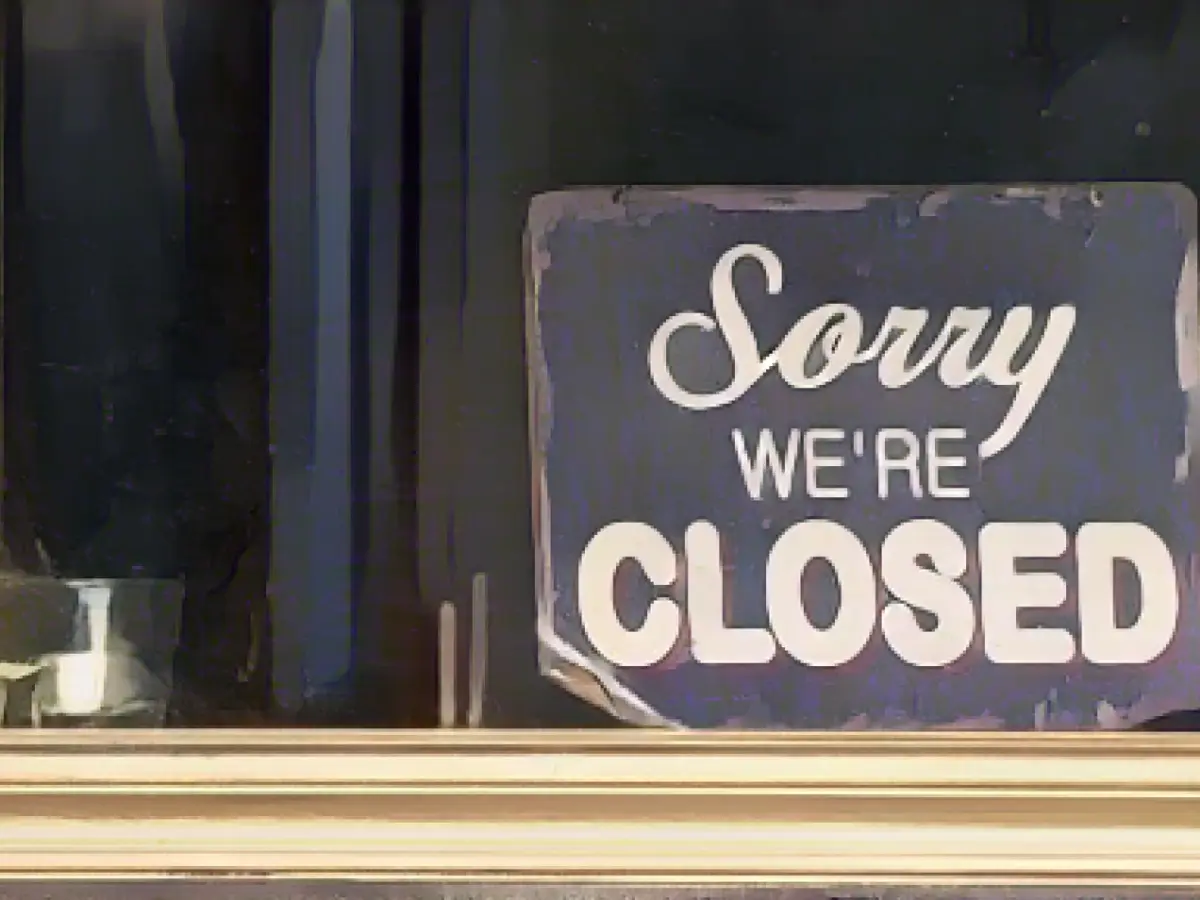Hospitality industry - Dehoga: We will lose a lot of gastronomy in MV
The German Hotel and Restaurant Association in Mecklenburg-Vorpommern is looking to 2024 with great concern. "It will be a very tough and very uncertain year," association president Lars Schwarz told the German Press Agency. The industry is facing a whole bundle of major challenges. "We will clearly have sand in the gears. Businesses that are still doing well will no longer be able to make it, we will lose them," said Schwarz, who runs a restaurant in Gnoien himself.
As of January 1, the old tax rate of 19 percent, which had been reduced to 7 percent during the pandemic to support the industry, will once again apply to food in restaurants. Due to the energy crisis, the regulation was extended until the end of this year.
Many restaurants would have to pass this cost increase on directly to their guests, who, according to surveys, would then be more likely to refrain from eating out due to their own tight budgets. "This is a warning signal", says Schwarz, who expects price increases of 10 to 15 percent or more in the restaurant industry.
According to the Dehoga President in Mecklenburg-Vorpommern, 23 out of 27 EU countries have a reduced tax rate on food in restaurants. Germany is still one of them, but is now taking a step backwards, which also brings competitive disadvantages, said Schwarz, referring to areas close to the Polish border.
The increase in tolls for heavy goods vehicles on 1 December also had a negative impact on the catering industry due to higher prices charged by hauliers. The increase in the minimum wage to 12.41 euros per hour on January 1 and the further increase to 12.82 euros one year later also played a significant role. "It's not just about the minimum wage increase, but also about the wage gap. Ultimately, the whole salary structure is spiraling upwards."
Many companies have also received inquiries from refugees who do not speak German or English. "We would take them anyway. But that's no longer possible with a minimum wage of 12.41 euros and above," emphasized Schwarz. "That will no longer be profitable." He estimates that the catering industry in the state has lost around 25 percent of its businesses due to the pandemic from 2020 to this year. "That will continue. The cost increases will continue. There is no end in sight."
DEHOGA Mecklenburg-Western Pomerania
Read also:
- A clan member is punished here
- Traffic lawyer warns: Don't talk to the police!
- Will he be convicted as Jutta's murderer after 37 years?
- He also wanted to kill his cousin
- The German Press Agency reported that the hotel and restaurant association in Mecklenburg-Vorpommern expects a significant loss of gastronomy due to the economic situation, including the energy crisis and inflation.
- In response to the energy crisis, the reduced tax rate on food in restaurants, which was originally 19% but lowered to 7% during the Coronavirus pandemic, will return to its original rate on January 1.
- The president of Dehoga in Mecklenburg-Vorpommern, Lars Schwarz, expressed concern, stating that businesses that were still doing well will likely fail due to the tax increase and rising costs.
- Schwarz pointed out that many European countries, including some near the Polish border, have a reduced tax rate on food in restaurants, putting Germany at a competitive disadvantage as it increases the rate.
- Furthermore, Schwarz mentioned that the increase in tolls for heavy goods vehicles and the minimum wage increase have also had a significant impact on the hospitality industry in Mecklenburg-Vorpommern, making it less profitable to employ workers who do not speak German or English, citing the minimum wage as a major factor.
Source: www.stern.de








